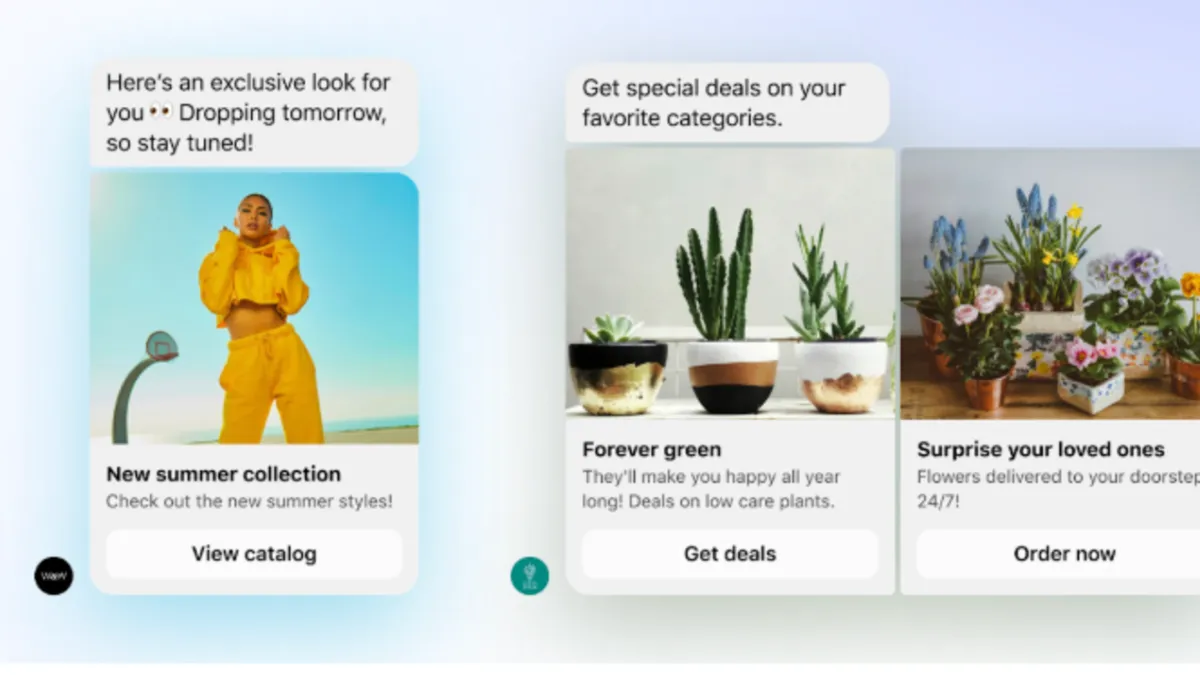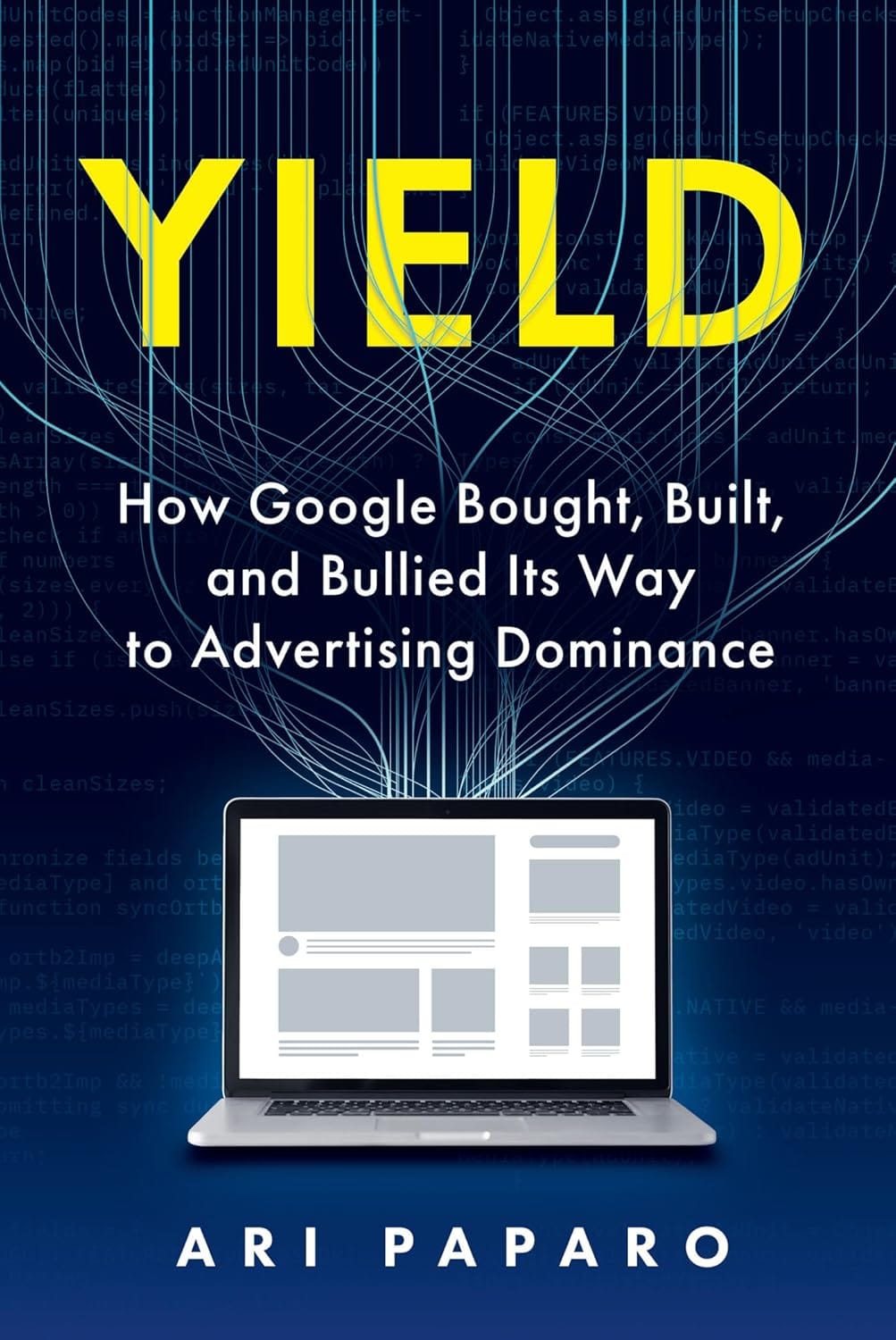
Meta unveiled its enhanced Marketing Messages on Messenger solution on July 1, 2025, designed to help businesses maintain ongoing relationships with customers through promotional messaging. According to the company's developer documentation, the API enables businesses to send personalized updates and promotions to subscribers who have opted-in to receive such communications.
The enhanced marketing messages product represents an upgrade to an existing version in the Messenger API and is "designed to eventually replace it," according to Meta's announcement. Adith Iyer, writing for Meta for Developers, explained that the solution addresses a common business challenge: "Once their questions are answered or their orders are placed, the conversation often stops there. This leaves businesses with no easy way to follow up or keep interested customers engaged with updates and offers."
Get the PPC Land newsletter ✉️ for more like this.
Summary
Who: Meta launched the enhanced Marketing Messages on Messenger API for tech providers serving businesses in 21 approved countries and regions.
What: A promotional messaging solution that enables businesses to send personalized updates and offers to subscribers who have opted-in to receive marketing communications through Messenger.
When: The announcement was made on July 1, 2025, with global availability for developers and business access limited to specific geographic regions.
Where: Available globally for tech providers through the Marketing API, with business usage restricted to Australia, Brazil, Chile, Colombia, Hong Kong, India, Indonesia, Israel, Malaysia, Mexico, New Zealand, Peru, Philippines, Saudi Arabia, Singapore, Taiwan, Thailand, UAE, USA, and Vietnam.
Why: The solution addresses the challenge businesses face in maintaining customer relationships after initial interactions, providing a direct channel for re-engagement and promotional communications while leveraging Messenger's over one billion monthly active users.

Yield: How Google Bought, Built, and Bullied Its Way to Advertising Dominance
A deeply researched insider’s account of Google’s epic two-decade campaign to dominate online advertising by any means necessary.
Geographic availability and technical requirements
The Marketing Messages on Messenger API launched with availability limited to tech providers serving businesses in 21 specific regions. According to Meta's documentation, businesses can access the service in Australia, Brazil, Chile, Colombia, Hong Kong, India, Indonesia, Israel, Malaysia, Mexico, New Zealand, Peru, Philippines, Saudi Arabia, Singapore, Taiwan, Thailand, United Arab Emirates, United States, and Vietnam.
Tech providers must meet specific technical prerequisites before implementing the API. The documentation states that access requires "an existing app that has successfully completed Meta App Review" and is restricted to tech providers rather than direct business access. Meta charges client businesses directly for sending marketing messages, while the API remains free for tech providers to use.
The technical implementation demands several configuration steps. Developers must create a Facebook Login for Business configuration, establish system user access tokens, maintain Business type developer apps with Advanced access, and implement handlers for Messenger webhook notifications. According to the announcement, Meta recommends developers update their user interfaces to support subscriber management, marketing message creation, and reporting capabilities before onboarding clients.
Operational capabilities and measurement tools
The marketing messages solution provides businesses with multiple engagement options. Companies can "reach exclusive customers" through Messenger's over one billion monthly users, according to the announcement. The system allows businesses to leverage existing customer relationship management lists, custom audience lists, or advertisements that direct users to Messenger conversations.
Message personalization operates on two levels. Businesses can "write freeform messages for each customer, or broadcast one message to everyone for scale," according to Meta's developer blog post. The platform includes subscriber management tools that allow businesses to add customers to re-engagement lists and create targeted messaging campaigns.
Performance measurement capabilities include down-funnel analytics to help businesses understand messaging value and inform broader marketing strategies. The system provides metrics that businesses can use to optimize their messaging approaches and measure return on investment.
The launch builds on Meta's broader messaging infrastructure expansion, which has seen consistent development since 2024. The company has been systematically enhancing its business messaging tools across both Messenger and WhatsApp platforms.
Partner integration and early adoption
Meta has begun working with established technology partners to offer the marketing messages functionality. The announcement specifically mentions partnerships with Pancake and Smartly to integrate the solution into their platforms. These partnerships allow the technology providers to offer messaging capabilities to their business clients without developing the infrastructure independently.
Early adopters include Nestle Philippines, which Meta cited as an example of companies wanting to connect with customers through marketing messages. The specific results or metrics from these early implementations were not disclosed in the announcement materials.
The global availability for developers contrasts with the geographic restrictions for end businesses. While tech providers worldwide can access the Marketing API to build marketing messages functionality, their clients must operate in the approved 21 countries and regions to use the service.
Platform integration and user experience
Marketing messages operate exclusively on web applications, according to Meta's technical documentation. The solution does not support mobile app implementations, limiting deployment options for some businesses and tech providers.
The messaging system integrates with Meta's existing business infrastructure. Companies can connect their subscriber lists and customer data to create targeted messaging campaigns. The platform supports both manual message creation and automated broadcasting, providing flexibility for different business scales and communication strategies.
Subscriber management functions as a core component of the system. Businesses must maintain opt-in subscriber lists and cannot send promotional messages to users who have not explicitly agreed to receive them. This requirement aligns with messaging regulations and user privacy expectations across Meta's platforms.
Development timeline and industry context
The July 1, 2025 launch date positions Meta's enhanced marketing messages within a broader industry shift toward conversational commerce. Messaging platforms have increasingly become venues for business interactions, with companies using chat interfaces for sales, customer service, and marketing communications.
Meta's messaging strategy has evolved significantly since its API consolidation efforts in 2024. The company has been standardizing its developer tools while expanding business messaging capabilities across its platform ecosystem.
The timing coincides with increased regulatory scrutiny of Meta's business practices in multiple jurisdictions. European Union compliance requirements have influenced how the company structures its business tools and data handling practices.
The marketing messages launch also aligns with Meta's strong advertising performance metrics. The company reported 21% revenue growth in Q4 2024, demonstrating continued demand for its advertising and business tools.
Technical implementation details
The Marketing API integration requires multiple development phases. According to Meta's documentation, tech providers must first configure Facebook Login for Business using system user access tokens. This authentication system enables businesses to connect their company accounts to the messaging functionality.
The onboarding process includes business re-authentication requirements. Existing businesses must log in again to agree to new permissions needed for marketing message access. This step ensures companies explicitly consent to the promotional messaging capabilities and associated data usage.
API functionality includes subscriber list management, message creation tools, and performance analytics. The system provides methods for businesses to retrieve existing subscriber information, create targeted messaging campaigns, and measure engagement metrics. Meta's documentation emphasizes that businesses can only message users who have specifically opted in to receive promotional communications.
Webhook notification handling represents a critical technical requirement. Developers must implement systems to receive and process messaging events, delivery confirmations, and user interactions. These notifications enable real-time campaign management and performance tracking.
The enhanced marketing messages system builds upon Meta's existing Messenger infrastructure while introducing new capabilities specifically designed for business promotional use. The technical architecture separates marketing messages from standard customer service conversations, allowing businesses to manage different types of communications through distinct workflows.
Timeline
- July 1, 2025: Meta announces enhanced Marketing Messages on Messenger API for business customer re-engagement
- March 2025: Meta submits second annual DMA compliance report addressing messaging interoperability requirements
- January 2025: Meta simplifies Instagram and Marketing API integrations with new developer tools
- January 2025: Meta reports 21% advertising revenue increase for Q4 2024 showing strong business tool demand
- October 2024: Meta releases Graph API v21.0 and Marketing API v21.0 with messaging infrastructure updates
- June 2024: Meta introduces new business messaging features for WhatsApp and Messenger platforms
- March 2024: WhatsApp enables cross-platform messaging with third-party apps in Europe under EU Digital Markets Act


